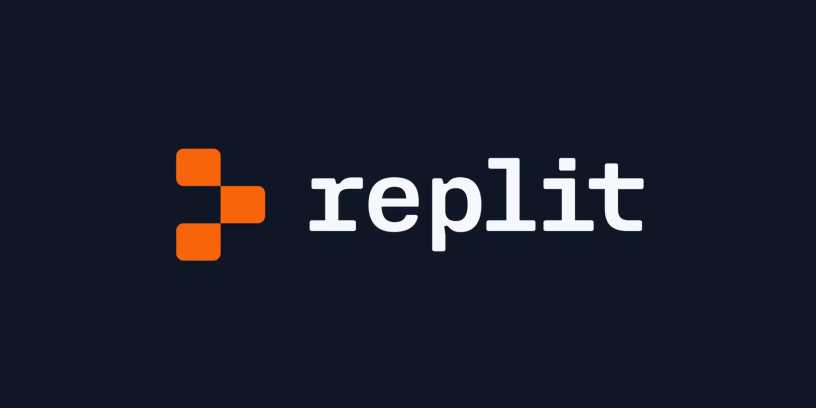Replit raises $250M at $3B valuation as vibe coding takes off

Replit just secured a massive vote of confidence. The popular AI coding platform has raised $250 million at a $3 billion valuation, nearly tripling its worth in under two years. The deal signals a rush of investor enthusiasm for tools reshaping how software gets built.
The round was led by Prysm Capital, with participation from American Express Ventures, Google’s AI Futures Fund, and long-time backers including Andreessen Horowitz and Y Combinator. Bloomberg Beta, the venture arm of Bloomberg LP, is also on board. The mix of fresh and returning investors suggests Replit has cemented its position in a crowded sector where AI-driven coding platforms are jockeying for attention.
Bloomberg first reported the round, noting that it “nearly triples Replit’s valuation to $3 billion, the latest sign of investor demand for companies using artificial intelligence for software development.”
The Rise of Vibe Coding: How AI Coding Startup Replit Tripled Its Valuation to $3 Billion

Founded in 2016 by Amjad Masad, Replit began as a collaborative browser-based coding environment. Over the years, it has grown into an AI-powered development platform where users can build, test, and deploy apps without ever leaving the site. Its signature “vibe coding” style allows developers to move faster and gives non-coders—designers, business teams, even educators—the ability to prototype ideas without a heavy technical lift.
Growth has been staggering. Replit’s annualized revenue jumped from $2.8 million to $150 million in just a year. Its user base now spans 40 million worldwide, with companies like Zillow and Duolingo experimenting with the platform to speed up product development outside traditional engineering teams.
This raise follows a $97 million round in April 2023 at roughly a $1.2 billion valuation. Across ten rounds, Replit has pulled in more than $477 million, with $100 million from earlier raises still unspent. The fresh cash strengthens its war chest as competition in AI coding heats up.
A major driver behind the surge is the Replit Agent, launched in September 2024. The Agent has already pushed Replit past $100 million in annual recurring revenue, a tenfold jump from the end of last year. The tool automates tasks like writing, debugging, and deploying code—turning programming into something more conversational and accessible. But it hasn’t all been smooth sailing. Earlier this summer, the Agent accidentally deleted a customer’s codebase, forcing Masad to publicly apologize and implement safeguards.
Now, the company is gearing up for Agent 3, its most advanced version yet. The new release is expected to test and fix code on its own, verify its work, and run independently for up to three hours. Masad framed the ambition plainly: “It’s the only place where you can really come in with only an idea, and you don’t have to leave our platform to be able to build.”
Replit plans to use the new funding to accelerate hiring across engineering, research, and marketing. Jay Park, co-founder and Managing Partner at Prysm Capital, will take a board seat, pointing to Replit’s growing enterprise traction and long-term profitability potential.
Still, the road ahead isn’t without hurdles. Training and running large AI models come with steep costs, and those margins get squeezed as usage scales. AI-driven tools also carry risks of bugs and unintended errors, concerns Masad has addressed publicly.
Competition is mounting, too. Anysphere’s Cursor, Sweden’s Lovable, and Cognition are all gaining traction, while Big Tech players are muscling in with their own offerings. OpenAI is preparing to roll out coding products, Google has Firebase Studio, Amazon is backing Kiro, and Anthropic is pitching Claude Code. StackBlitz, another Bay Area rival, just raised $80 million.
Even with these pressures, Replit’s latest round shows deep belief in its ability to reshape how programming happens. Masad and his team are betting that accessibility, speed, and scale will keep them ahead of rivals. For now, the startup has both the capital and momentum to test that thesis—and maybe change who gets to call themselves a coder.




